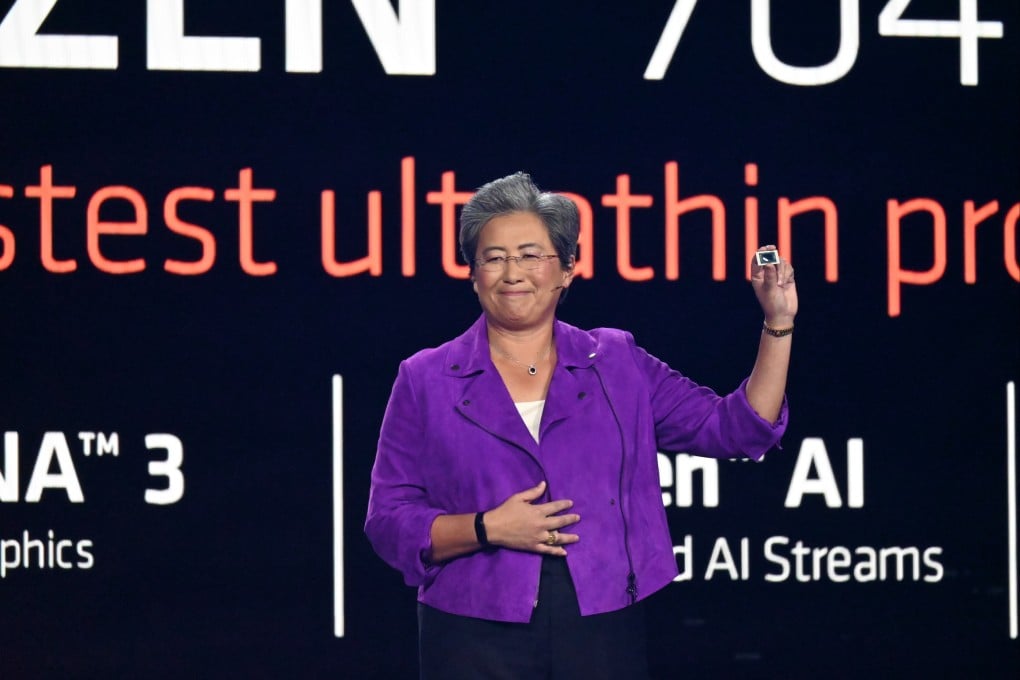Advertisement
Opinion | Is the US’ ‘bamboo ceiling’ slowing East Asian career progress?
- A closer look finds East Asians significantly behind South Asians in climbing corporate rungs in the US
- One difference could be that modesty, reticence and other traditional East Asian attributes are seen as weaknesses in the brash, self-promoting West
Reading Time:3 minutes
Why you can trust SCMP
5

Mark Magnierin New York
When Yinuo Li made partner at global consulting firm McKinsey & Company in 2012, she was proud of her accomplishment. A classic overachiever, she had graduated from Beijing’s elite Tsinghua University in 2000 and received a PhD in molecular biology at the University of California, Los Angeles in 2004 before joining McKinsey the following year.
But as she looked around, she couldn’t help noticing that there were only two East Asians who reached the lofty heights at McKinsey, out of some 3,000 partners worldwide. Nor was McKinsey alone in those odds. According to the Executive Parity Index, white women and men are more than twice as likely to reach the executive suite than their Asian counterparts.
Despite attaining some of the highest educational levels, median incomes and lowest unemployment rates in the US and being seen as the “model minority” – a mixed blessing – Asians’ record on breaking through the “bamboo ceiling” into the top rungs has been underwhelming.
Although it is easy to blame racism and bias in the white-dominated culture, no doubt a factor, the reality is more nuanced. While Asians have traditionally prided themselves on their maths and science prowess, a closer look finds East Asians significantly behind South Asians in breaking through, as seen at Google, Microsoft and IBM, not to mention Starbucks and Novartis. Across S&P 500 companies, South Asians even lap whites in the ratio of CEO to population.
South Asians also do well in politics. While East Asians are hardly absent, including US Trade Representative Katherine Tai, some 130 South Asians have positions in the administration of President Joe Biden.
In addition to a stereotype that East Asians lack leadership skills, studies suggest they are seen as lacking in creativity, assertiveness and communication skills and, while competent, are not warm and sociable.
Advertisement
